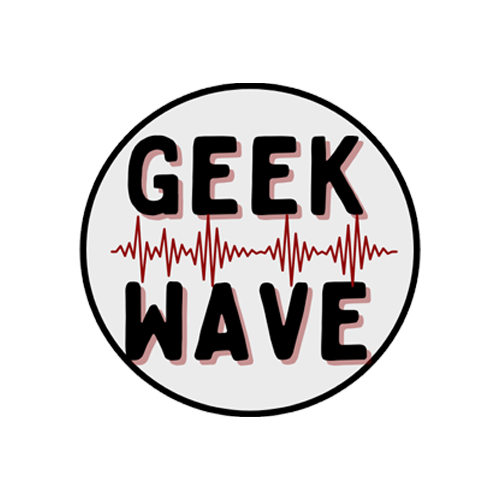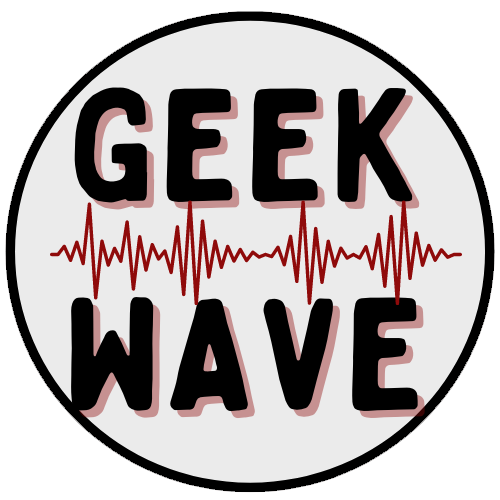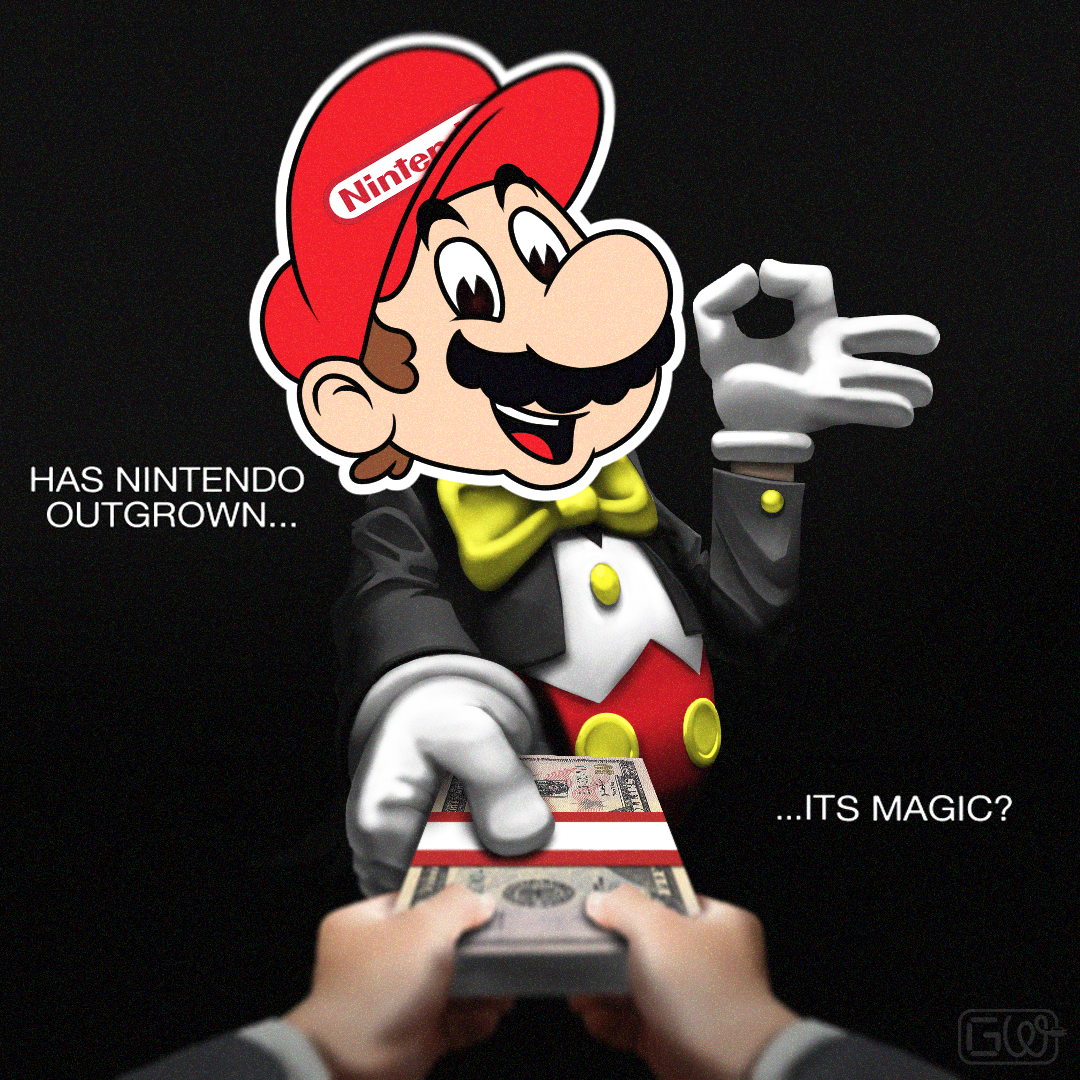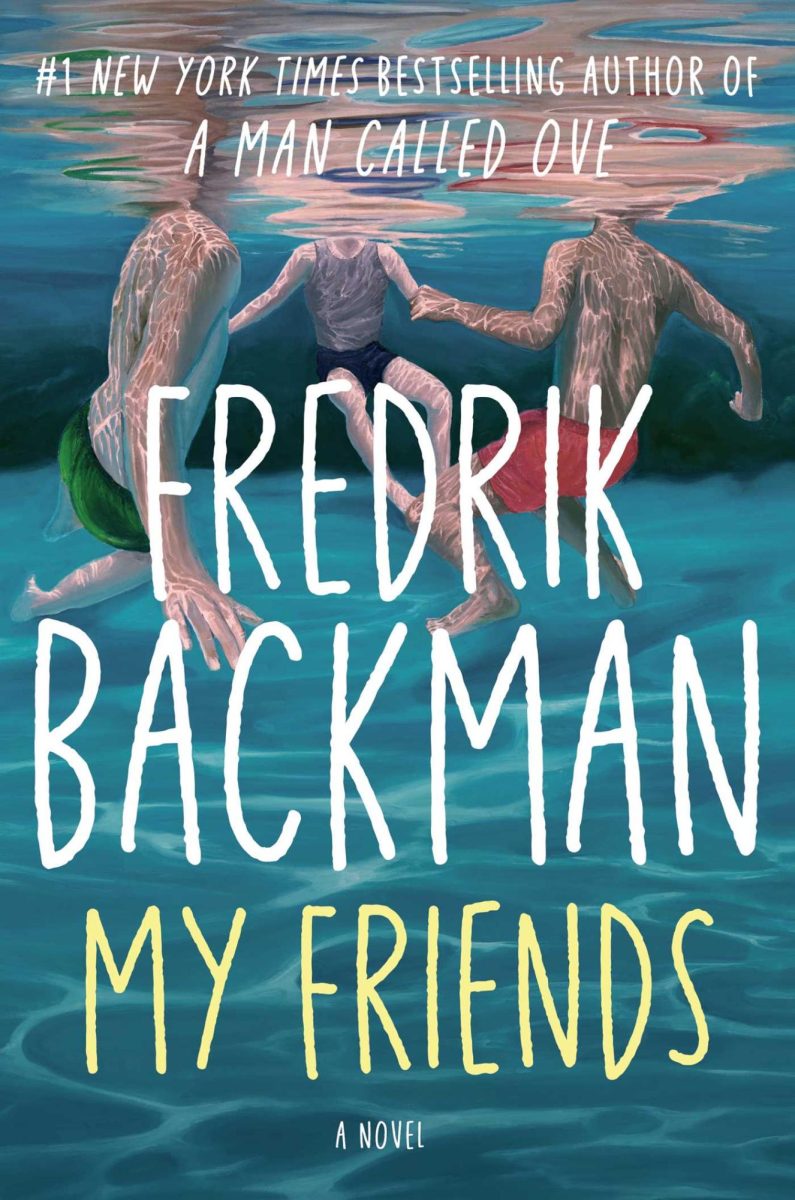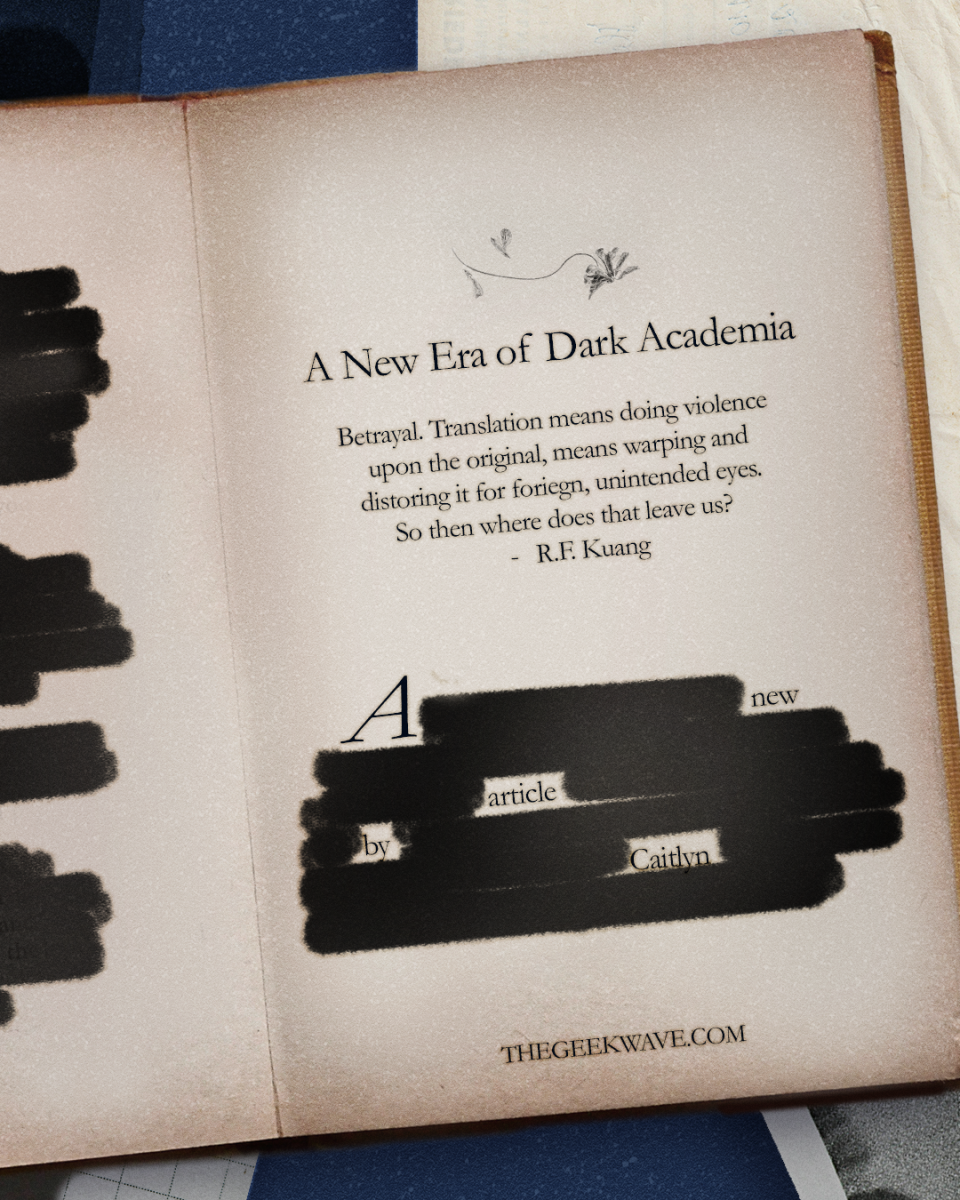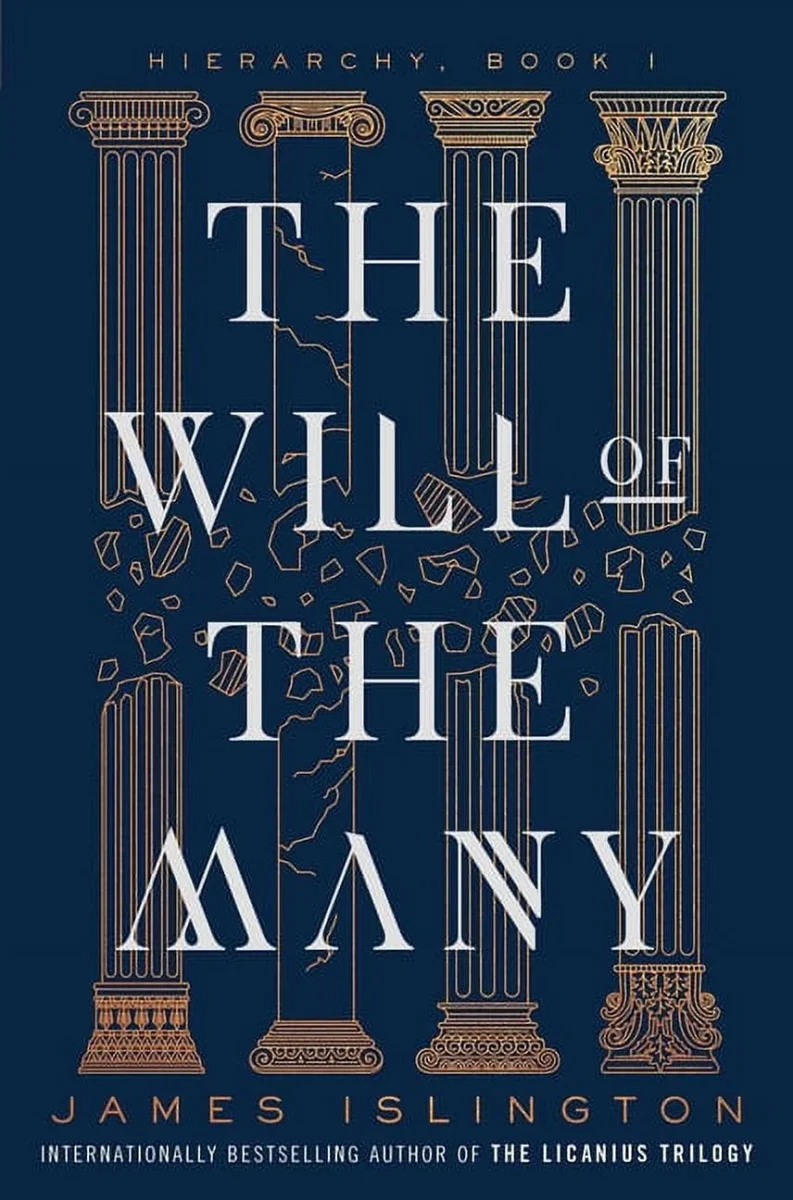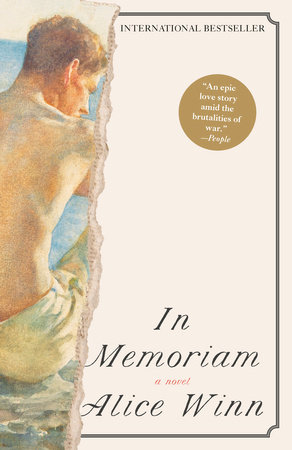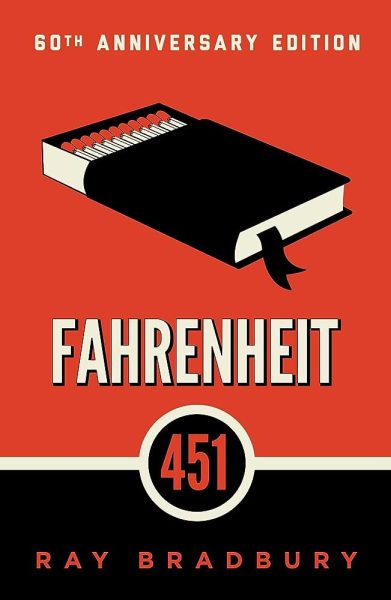
Fahrenheit 451 Review
It’s impressive how much power a human being carries within them just through the act of thinking. Every new invention, from the written word to the smartphone, was birthed from a place of innate curiosity and deep wonder. It’s omnipotent. Invincible. Inevitable. But of course that cosmic capacity is not easily regulated or governed. Liberation of mind means liberation of body and liberation of soul so it must come to a screeching halt if one is to seek absolute control and influence over others. This war on information is the premise of Ray Bradbury’s premiere 1953 novel, Fahrenheit 451.
Cold War tensions
The book takes the reader on a brisk journey of authoritarianism and censorship. It’s one of those American classics that everyone “reads” once in high school – SparkNotes kids, you know who you are – and never touches again, lest they doom themselves to an English degree. But…is that really all there is to the text? Just another mundane example of an author crying “fascism” that future generations use to justify their petty Facebook arguments? Not quite.
Fahrenheit wastes no time getting its central message across: a society built around mass consumerism and corporate conformity is one that collectively elects itself to oppression. By turning everything (including information) into a commodity, we create and elect the capitalistic vehicle by which governments bureaucratically codify our suffering. Silence is cooperation and in a world where no one likes to be challenged or discomforted, it’s easy for one’s voice to be shut down or bought with intellectual junk food. Why waste your energy trying to build a better tomorrow when you can just buy the illusion of change and motion? Why ask “why” when it just leads to depressing outcomes? Why question at all?
I can see why some never pick Fahrenheit 451 back up. Despite being a revolutionary and necessary step in the literary history of science fiction, I think many creatives since have developed the main thesis further than its author could have ever envisioned. The ambiguously optimistic ending frankly felt like such a campy cliche. But maybe I’m just jaded. Maybe that’s the point. Regardless, I appreciate its nuanced, cautionary position. It reminds us that we elect, we control, and we do have a say. We think therefore we are. And now is as good a time as any to use that to our advantage.
So does it still hold up?
Though I personally found the prose to occasionally be a clunky obfuscation of the narrative and the subject matter to be underdeveloped compared to what has come out since, it’s still a beautiful example of finding beauty in the bleak and mundane. After all, even a house fire can light up the night sky.
Rating: 8.5/10
Buy your own copy on Amazon, Thriftbooks, or Barnes and Noble
Make sure to stick with Geekwave for all things nerdy!

